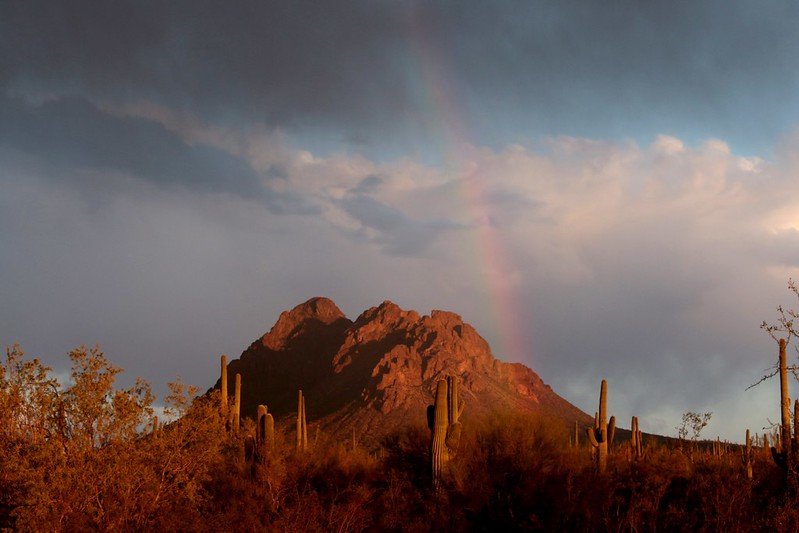““I should like to speak of God, not on the boundaries but at the centre, not in the weaknesses but in strength, and therefore not in death and guilt but in man’s life and goodness”
”
I have been a fan of Dietrich Bonhoeffer since first reading his book, The Cost of Discipleship, years ago. I even did an adult study on it here at Lord of Grace in 2012, so I’m probably due for another one. As a lifelong Christian who grew up loving the church, but watching so many of my classmates fall away from the church, I have been captivated by the why of it all? Why did it stick with me, but fade with so many others? Then I read this quote from his Cost of Discipleship, and it hit hard.
“The price we are having to pay to-day in the shape of the collapse of the organized Church is only the inevitable consequence of our policy of making grace available to all at too low a cost. We gave away the word and sacraments wholesale, we baptized, confirmed, and absolved a whole nation unasked and without condition. Our humanitarian sentiment made us give that which was holy to the scornful and unbelieving. We poured forth unending streams of grace. Bu the call to follow Jesus in the narrow way was hardly ever heard.” (Cost of Discipleship, p.54)
I could go on, and on. It’s a wonderful book. And it comes to a conclusion much the opposite of our theories on growth and evangelism: that we are declining because we’ve made the Gospel less rigorous and expected too little. We’ve just dispensed with baptisms willy-nilly, lacking any requirements, and declared that since there’s nothing we can do to save ourselves, why bother? Baptism is supposed to be preceded by clear change of mind and behavior (for adults), and be the beginning of a life of service and sacrifice, not the substitute it. If everyone believed that all that mattered was getting into heaven, and Jesus did that for me, and Baptism just seals the deal, why bother with anything else? You’re just wasting time. You go to the same place after you die, whether you worship or give or serve - or not, then why not just take the easy way? It’s perfectly rational. And not at all what Luther had intended.
So the whole German nation was baptized, whether they really wanted it or not. And the result was a nation that saw Jesus placing no demands on their lives, just being a cultural thing one does to be a good German and lock in a spot after you die. Hence, when the Nazis came around promising national pride and lower interest rates, they did not encounter a population of people ready to critically examine their practices compared to the radical love and sacrifice of Jesus. They found a population that had separated Jesus from ethical life decades ago. Politicians did not need to prove that they were improving the lives of the widow and orphan and alien. They just had to show that they would keep the funding stream going to the state church, and take out its critics and competition – a happy exchange of protecting the institutional/cultural religion for political power. A good analogy today is Bishop Kirill, the Patriarch of Moscow, who seems utterly unconcerned with the deaths and atrocities in Ukraine, but enjoys a big, beautiful cathedral and Orthodox teachings in the public schools, courtesy of Vladimir Putin.
As I’ve said before, I believe that we Lutherans have taken the pendulum swing way too far in our concern for teaching “works righteousness”. This is the doctrine that I can make myself right before God through doing good things, that my good actions earn me salvation. Clearly that’s a bar of perfection we’ll never approach. So we teach that we are saved by grace through faith. We can’t earn it, only accept it. Our actions flow from being saved, not to get it.
As eloquent as that sounds, in common practice it quickly becomes one of apathy, of not even bothering with changing my life, of being against all rules and requirements for following Jesus (called antinomianism), and just figuring that avoiding killing and the most egregious crimes is all that’s needed to live like a “good person”. But most of the people who put Hitler in power were not out killing anyone themselves; they supported him through their votes and their inaction. Most would probably have been what we call “good people” today, in that they are not street criminals or child abusers. They obeyed the laws and shared sugar with their neighbors. And they voted for Hitler.
Bonhoeffer would rage at the way Jesus, who openly said that everyone who wants to be a disciple must take up a cross to follow him, would end up just being a symbol of proper middle class citizenship, that being saved had been reduced to the afterlife, that following him had been made infinitely subjective, and that the role of God in people’s lives had been seen as mattering only in the places where our knowledge or power failed us – in the gaps.
This comes out in his final writings, made while he was in prison. He ruminates about how God has become someone people turn to only when they can’t fix things themselves. God exists to help you when you suffer, comfort you in pain, fill you with awe when you don’t have answers, save you in the life after death – but is irrelevant in the daily life most of us live. If I’m not struggling, generally happy with things, and filling my head with scientific knowledge, why God? The gaps keep getting smaller, so does the need for God to fill them. Hence why northern Europe is so irreligious. They have high standards of living, good health care, clean streets, strong safety nets, lots of education. Life is so good without God, I don’t need him except in the afterlife, which doesn’t worry me at all. So other things take priority in life, and how I vote and spend have nothing to do with Jesus. It’s all just subjective interpretations anyways.
It's why I tend to preach about Jesus’ way of life and way of living, of what God expects from us, as well as what God does for us. But I don’t talk a lot about heaven. It’s just not that important to me. I believe I am saved. Heaven’s a given. Now what do I do? What is my cross to bear? How does that make my life better, even if it makes me less wealthy and potentially invites conflict from powers that be? And how do we find God in the heart of life, in joy and pleasure and excitement? Where is God in enriching life and making it more full and meaningful and good? Is God there when I’m having fun, or only when I’m sick?
Discipleship is hard. I know I don’t do it well. One reaction in 2012 when we got through the book Cost of Discipleship was that we all felt like sell-outs. None of us were assassinating dictators or chaining ourselves to trees or protesting with the indigenous peoples. Whatever good we did never felt like enough. The paradox of Christian faith is that we find more meaning and fulfillment in living the life of giving and sacrifice than in self-indulgence and materialism. But that’s a hard sell, and a hard concept. When I’m in jail for a civil rights protest, it’s still a miserable time in a jail. I am making the world better, but it’s still a jail.
With all this in my head I made a series of videos last year for YouTube, about Bonhoeffer’s reflections in his letters from prison. The point was to show that he was not a nationalist or fundamentalist taking up arms – some sort of theological Clint Eastwood. He was not against a tax and spend social safety net, nor an enemy of gay marriage (he never wrote about it, so we don’t have hard proof of his thoughts). He was a Lutheran pastor trying to go back and correct abuses and get back to what being a disciple of Jesus Christ.
Well, since spring of 2023 Dietrich Bonhoeffer has become a talked-about thing again. The movie, “Bonhoeffer: pastor, assassin, spy” came out, depicting him as having a moral crisis of only accepting that his calling was really to pick up that gun and kill for Jesus. Violence is the answer here, and you need to accept it, Dietrich, and get over your qualms, and take out the big bad guy. It was never that simple for him. He engaged in the plot to kill Hitler with massive thoughtfulness and moral struggle. He was always torn about it, and never saw it as more than a lesser evil. Nonetheless, the publicity has increased the searches on YouTube, and now those twelve videos, long and full of ruminations and drawings, are the most watched on the Lord of Grace channel. Who would have thunk it?
I encourage everyone to take a look at Bonhoeffer’s own writings, more than writings about him. He’s not hard to understand. The many biographies out there can be confusing, but you can get the best one from Bonhoeffer’s own friend Eberhard Bethge, who knew him personally. Avoid Erik Metaxas’ version, as that’s revisionist history – trying to make Bonhoeffer into some sort of right wing Christian Nationalist.
People followed Jesus not because it was easy, but because it was real. They could sense that God was with him, that his teachings were the real deal, that his power was from God, and that this was a life they wanted to emulate. It didn’t grow with clever strategies and better light shows. It was discipleship, a way of life, that offered an alternative to the life of the world around, driven by money and power and exploitation. It’s a life of Godliness, and a path to joy.
Peace,
Pastor Lars




